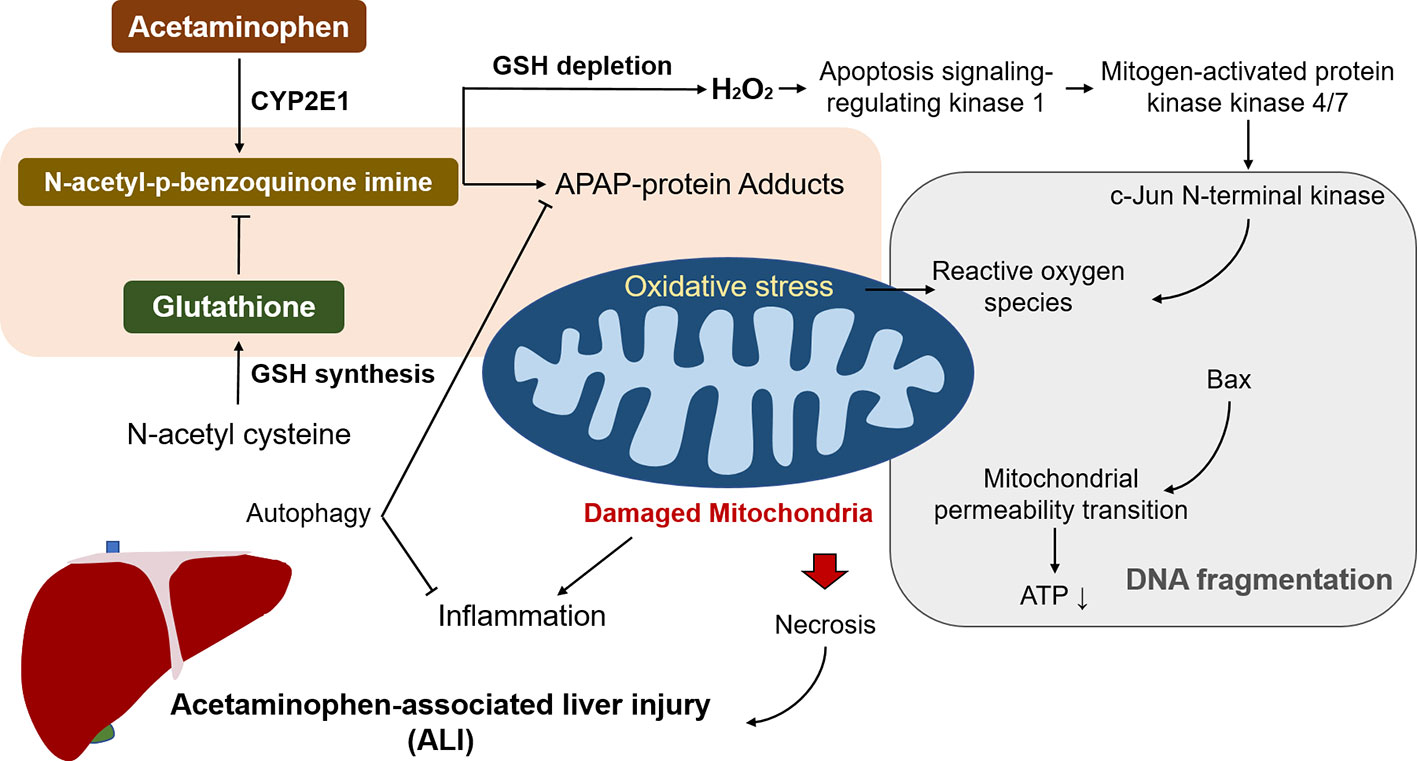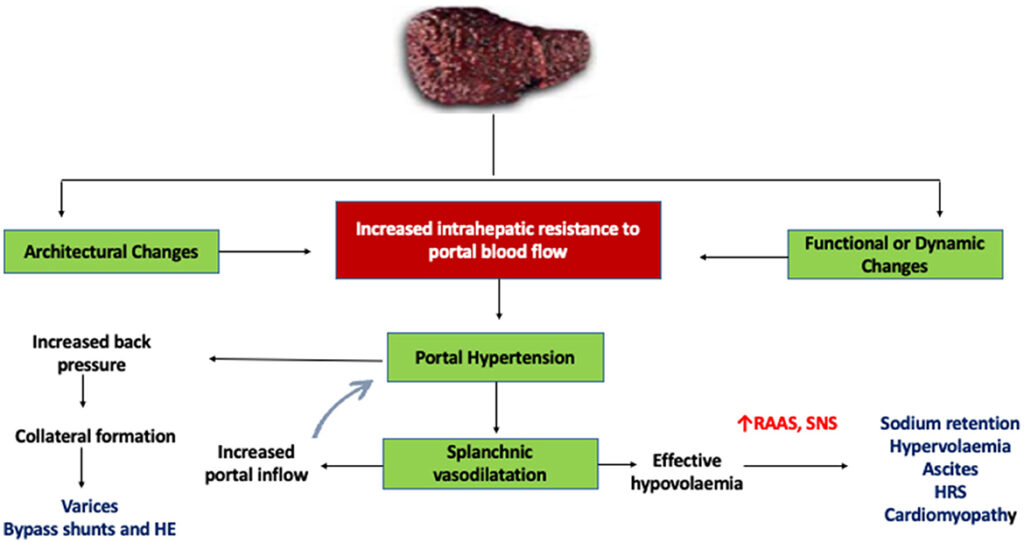The liver is one of the most vital organs in the human body, responsible for a wide range of functions that keep us healthy. From filtering toxins to aiding digestion, its role cannot be overstated. However, when this essential organ begins to fail, it can lead to serious health complications. Liver failure, also known as hepatic failure, occurs when the liver loses its ability to function properly. This condition can develop suddenly (acute liver failure) or over time (chronic liver failure). In this article, we will explore the causes, symptoms, and treatments associated with liver failure to provide a comprehensive understanding of this critical health issue.

What is Liver Failure?
Liver failure happens when the liver is no longer able to perform its necessary functions. These functions include detoxifying the blood, producing bile for digestion, storing energy, and regulating chemicals in the body. When the liver fails, toxins can build up in the bloodstream, leading to life-threatening complications. The severity of liver failure depends on whether it is acute or chronic and how much of the liver has been damaged.
Acute Liver Failure
Acute liver failure is a rapid loss of liver function that occurs within days or weeks. It often happens in individuals who do not have pre-existing liver disease. This form of liver failure is considered a medical emergency because it can progress quickly and lead to severe complications, including brain swelling and multi-organ failure.
Chronic Liver Failure
Chronic liver failure, on the other hand, develops gradually over months or years. It is usually the result of long-term damage to the liver, such as from alcohol abuse or viral infections. As the liver becomes increasingly scarred and unable to function, symptoms worsen, eventually leading to complete liver failure if left untreated.
Causes of Liver Failure
There are numerous factors that can contribute to liver failure. Understanding these causes is crucial for prevention and early intervention. Below are some of the most common causes of both acute and chronic liver failure.
Viral Infections
Viral infections, particularly hepatitis viruses, are a leading cause of liver failure. Hepatitis B and hepatitis C are especially notorious for causing long-term damage to the liver. These viruses attack liver cells, leading to inflammation and scarring, which can eventually result in liver failure if not managed properly.
Alcohol Abuse
Excessive alcohol consumption is another major contributor to liver failure. Over time, alcohol can cause inflammation and scarring of the liver, a condition known as alcoholic liver disease. Continued alcohol abuse can progress to cirrhosis, a severe form of liver damage that often leads to liver failure.
Nonalcoholic Fatty Liver Disease
Nonalcoholic fatty liver disease occurs when fat builds up in the liver, even in individuals who do not consume excessive amounts of alcohol. This condition is often linked to obesity, diabetes, and high cholesterol. If left untreated, nonalcoholic fatty liver disease can progress to cirrhosis and liver failure.
Drug Overdose or Toxic Exposure
Certain medications and toxins can cause acute liver failure. For example, an overdose of acetaminophen, a common over-the-counter pain reliever, is a frequent cause of sudden liver failure. Exposure to industrial chemicals or certain herbal supplements can also harm the liver and lead to failure.
Autoimmune Disorders
In autoimmune disorders, the body’s immune system mistakenly attacks its own tissues, including the liver. Autoimmune hepatitis is one such condition that can cause chronic inflammation and eventual liver failure if not treated promptly.
Genetic Conditions
Some genetic conditions, such as hemochromatosis and Wilson’s disease, can lead to liver failure. Hemochromatosis causes the body to absorb too much iron, which can accumulate in the liver and cause damage. Wilson’s disease results in excessive copper buildup, also harming the liver over time.
Symptoms of Liver Failure
The symptoms of liver failure vary depending on whether the condition is acute or chronic. Early symptoms may be mild and nonspecific, making it challenging to diagnose liver failure in its initial stages. However, as the condition progresses, symptoms become more severe and noticeable.
Early Symptoms
- Fatigue and weakness
- Nausea and loss of appetite
- Abdominal pain and swelling
- Jaundice, or yellowing of the skin and eyes
- Dark urine and pale stools
Advanced Symptoms
- Confusion, disorientation, or difficulty concentrating
- Bleeding or bruising easily
- Swelling in the legs and ankles
- Severe itching of the skin
- Fluid buildup in the abdomen, known as ascites
Individuals experiencing any combination of these symptoms should seek medical attention immediately, as they could indicate liver failure or another serious condition.
Treatments for Liver Failure
The treatment for liver failure depends on the underlying cause, the severity of the condition, and whether it is acute or chronic. While some cases of liver failure can be managed with medications and lifestyle changes, others may require more aggressive interventions, such as surgery or transplantation.
Medications
In cases where liver failure is caused by viral infections, antiviral medications may be prescribed to control the virus and prevent further damage. For autoimmune disorders, immunosuppressive drugs can help reduce inflammation and slow the progression of liver damage. Additionally, medications may be used to manage symptoms such as itching, fluid retention, and confusion.
Lifestyle Changes
For individuals with chronic liver failure, lifestyle modifications are often recommended to improve liver health and prevent further damage. These changes may include:
- Avoiding alcohol completely
- Adopting a healthy, balanced diet low in fat and sodium
- Maintaining a healthy weight through exercise and proper nutrition
- Avoiding unnecessary medications and supplements that can harm the liver
Liver Transplantation
In severe cases of liver failure, a liver transplant may be the only viable treatment option. During this procedure, the damaged liver is replaced with a healthy liver from a donor. Liver transplantation is a complex surgery that requires careful evaluation and lifelong follow-up care to ensure the success of the transplant.
Supportive Care
For individuals with acute liver failure, supportive care is often necessary to stabilize their condition while the liver heals or until a transplant can be performed. This may include intravenous fluids, medications to control symptoms, and close monitoring in an intensive care unit.
Emerging Treatments
Researchers are continually exploring new treatments for liver failure, including regenerative medicine and artificial liver devices. These innovations aim to repair damaged liver tissue or temporarily support liver function while the organ recovers. While still in experimental stages, these treatments hold promise for improving outcomes in individuals with liver failure.
Preventing Liver Failure
While not all cases of liver failure can be prevented, there are steps individuals can take to reduce their risk. These include:
- Getting vaccinated against hepatitis B and avoiding behaviors that increase the risk of hepatitis C, such as sharing needles or engaging in unprotected sex
- Limiting alcohol consumption or abstaining from alcohol entirely
- Maintaining a healthy weight and managing conditions like diabetes and high cholesterol
- Using medications responsibly and consulting a healthcare provider before taking new supplements or over-the-counter drugs
By adopting these preventive measures, individuals can significantly lower their chances of developing liver failure and protect their overall health.





